Ocean-related activities in the Mediterranean Sea generate an annual economic value of US$450 billion,making it the 5th largest economy in this region in terms of GDP, according to a report published last year by WWF and the Boston Consulting Group. The importance of the Mediterranean is illustrated by the fact that although the sea makes up less than 1 percent of the world’s ocean, it comprises 20% of the world’s Gross Marine Product. Moreover, it is a broadly accepted estimation that Blue Economy industries will continue to outperform the growth of the other sectors of economic activity in the area, both in terms of value added and employment. It is part of a global mega-trend which is well highlighted by OECD in its recent (2016) report “The Ocean Economy in 2030”. The study begins by observing that “For many, the ocean is the new economic frontier” and goes on to forecast that a “business-as-usual” scenario raises the value the ocean economy’s output in 2030 at USD 3 trillion , a figure that stands twice as high compared to its 2010 equivalent. Offshore oil and gas, maritime and coastal tourism, maritime equipment and ports, fisheries and aquaculture are the main drivers of this promising trend. Yet, their long-term perspectives depend on their ability to connect with and make use of the innovative marine-based technologies and their aptitude to engage in transnational cooperation. This challenge is compounded by the fact that non-EU Mediterranean countries are not always as well endowed with Observation facilities nor do many of them dispose of Human Resources, with the same level of capacity. An ambitious initiative to change the game is ODYSSEA, a project funded by the EU under the Horizon 2020 framework programme for Research & Innovation. The ODYSSEA Project sets out to develop, operate and demonstrate an interoperable and cost-effective platform that fully integrates networks of observing and forecasting systems across the Mediterranean basin. At the same time,it aims to contribute to address the capacity and skills gap between Northern and Southern Mediterranean areas. The idea that has brought together a consortium composed of 28 partners from the knowledge sector, international organizations, civil society and industry, is to turn the huge knowledge capital of Operational Oceanography into information that will guide the activities of Blue Economy actors into more cost-effective and sustainable paths. The work toward the vision of an environmentally friendly, competitive and resilient Blue Economy sector supported by a robust transnational cooperation in the Mediterranean Sea will be carried out until 2021 by the ODYSSESA Project. This will be done through the establishment of an innovative platform, which will provide easy discovery and access to marine data and derived products to a variety of users and enable them to improve knowledge and decision-making capabilities. For more information: odysseaplatform.eu

